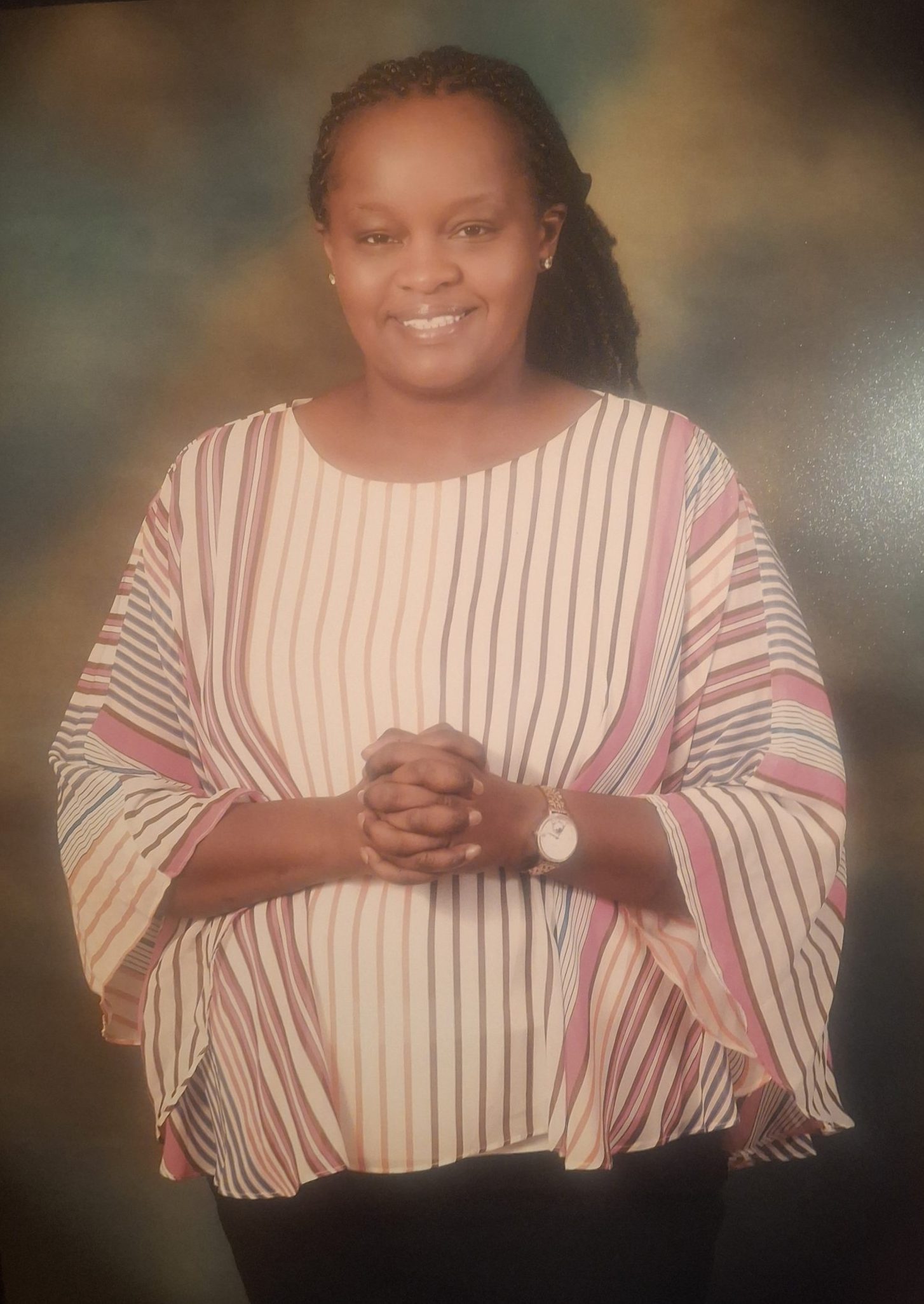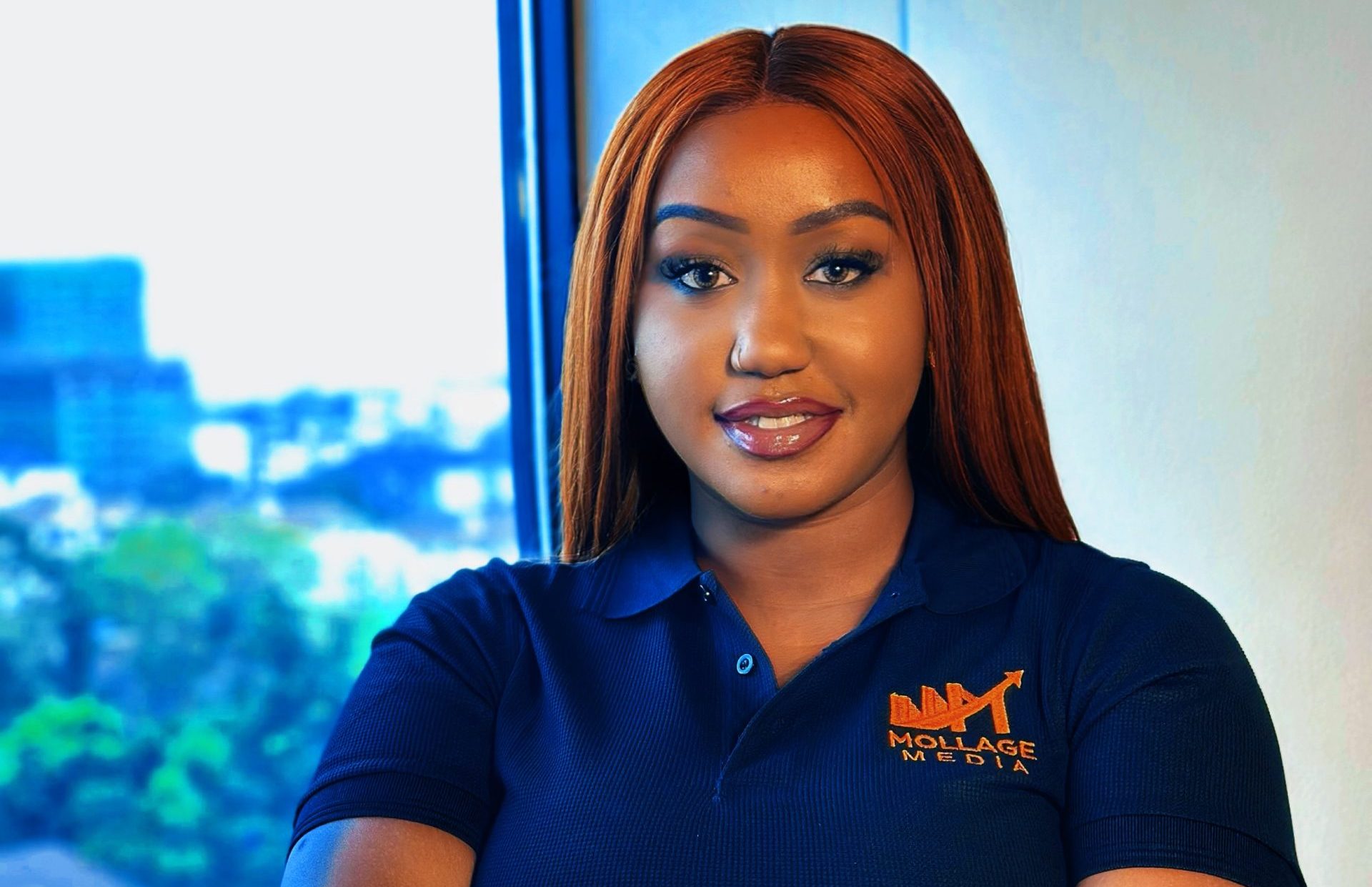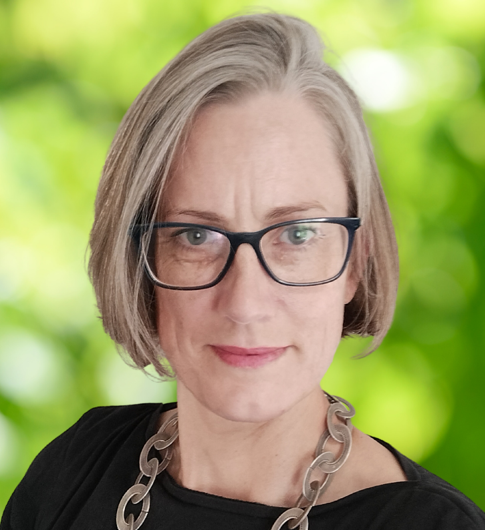Our Comms Spotlight for this week discovered her love for writing as a primary school student. This passion led her to study Communications at Daystar University, Kenya and then she also went on to get a master’s degree in Communications. Catherine Muraguri is the Principal Corporate Communications Officer at the Kenya Plant Health Inspectorate Service (KEPHIS). In her interview with us, she shares some tips for building successful relationships with the media as well as some highlights she’s experienced during her journey so far.
How did you start your career in Communications?
My journey in Communications started when I was in primary school here in Nairobi, Kenya. I was about 11 0r 12 years old. Then I would write compositions and stories about any subject that my teacher assigned to us in class. I could write and write!
My mum noted this even when I was in high school, so she and my dad sponsored me for a communications course at Daystar University based here in Kenya. I also have a master’s degree still in Communications from RMIT University in Melbourne, Australia.
I have grown by going back to school to do short courses, interacting with people in the industry who give you ideas and perspectives, undertaking various serious assignments and also guiding people who come to me for advice on the career.
What does a typical day look like for you as the Principal Corporate Communications Officer at KEPHIS?
So I get to the office about 8am daily. I go through various media, be it newspapers, radio, YouTube to check for news regarding KEPHIS. I inform my boss on any developments and then she makes the decisions on what to do.
It is important as a communications person to be very interested in what the media says about the organisation that you work for as it can paint you in a bad or good picture, with ramifications! Often times the picture that the media presents for us is good so I am happy about that.
I also contribute to our internal E-newsletter which we publish monthly. It is full of good stories about what KEPHIS does. Moreover, I also organise conferences at KEPHIS and have taken lead in the communications angle, i.e. taking care of the exhibition, media relations to ensure that we are adequately covered, the editing, design and publication of documents such as the Annual Report, brochures, banners, fact sheets, etc.
I also work on the corporate website and social media pages to have engaging stories and up to date information for our stakeholders and clients. I also deal with the Commission on Administrative Justice(CAJ) reports which means that I ensure that all complaints against KEPHIS are solved and recorded for the CAJ. I am also the Risk Champion, the Information Security Management System and the Social Change champion for the department.
Communication is interesting, it takes a lot of your time and at times you have to think on your feet and you are challenged a lot of the time, but it is also so much fun working with people who can help and assist you to achieve your objectives and tasks.

What role does Communications play in a unique organisation like KEPHIS?
KEPHIS is a highly technical institution, with the use of words or phrases that may not be fully understandable to many. Here, communications comes in to simplify the words and phrases. Communications staff also write stories that resonate with our audiences and the public, thus creating understanding.
Through the use of images or pictures we show what the Corporation is all about. When we show staff working or engaging in their mandate, we create understanding. This we do daily and monthly. The more people receive the information, the more they understand what we do.
We also have our website and social media channels which we use for communications. We improve on these channels regularly to keep up to date and for our stakeholders to have better experiences. We are also up to date technology-wise so we do not fall behind.
Tell us about some highlights that have encouraged you along your career journey.
I have been part of teams that have organised and planned international conferences which have been successful. Seeing what you have put together come to fruition is really satisfying. Planning a conference is not easy, but with the right team, then your objectives can be accomplished.
Media coverage from our trained reporters/editors has also been good. We have increased and quality coverage our events. I can say that they know KEPHIS now at probably at 84% from when we started with them. They also know who to call whenever they need any clarification(s).
Customer Service is also handled by the communications team here at KEPHIS, so when a customer requests for information and it is provided that is a plus. Serving people is a good thing too. There’s a lot of satisfaction in doing your job and doing it well. When we invite stakeholders to KEPHIS and we discuss pertinent issues about seed, export requirements and how laboratories work, then there is behaviour change, that is work well done.
What’s one part of your job that people often misunderstand?
Sometimes people do not understand what Communications or Public Relations is, so they leave you out of planning for events or they think that Communications is only about dealing with media yet you deal with so much more.
What are some key lessons you’ve picked up from working with media or external stakeholders over the years? Can you share some tips for dealing with them
Working with the media is important to us as they transmit information about KEPHIS. What I have learnt is to maintain contact with them. Do not call them only when you need them, but be in constant communications with them. Second, also have journalists and editors who are conversant with what you do. KEPHIS is in the agriculture sector so have good journalists who can write about you and disseminate your information to their fellow writers.
Third is to train them. We have seen improvement in how journalists cover our work as a result of taking them somewhere for few days and teaching them on our mandate, what KEPHIS is all about and having them ask questions and our facilitators answering back. Next is to always have people who can answer their questions. This Q & A forms part of the stories which are featured thus enhancing our visibility as a Corporation. Also, to ensure that we answer their questions as fast as possible as they have deadlines to meet. This is not always possible but we do try and meet their deadlines.
We treat our external stakeholders with dignity and respect. We answer any queries they may have as soon as they ask about it; if the communications team cannot answer the questions, we refer it to another department and we let them know that we have referred them to another department.





